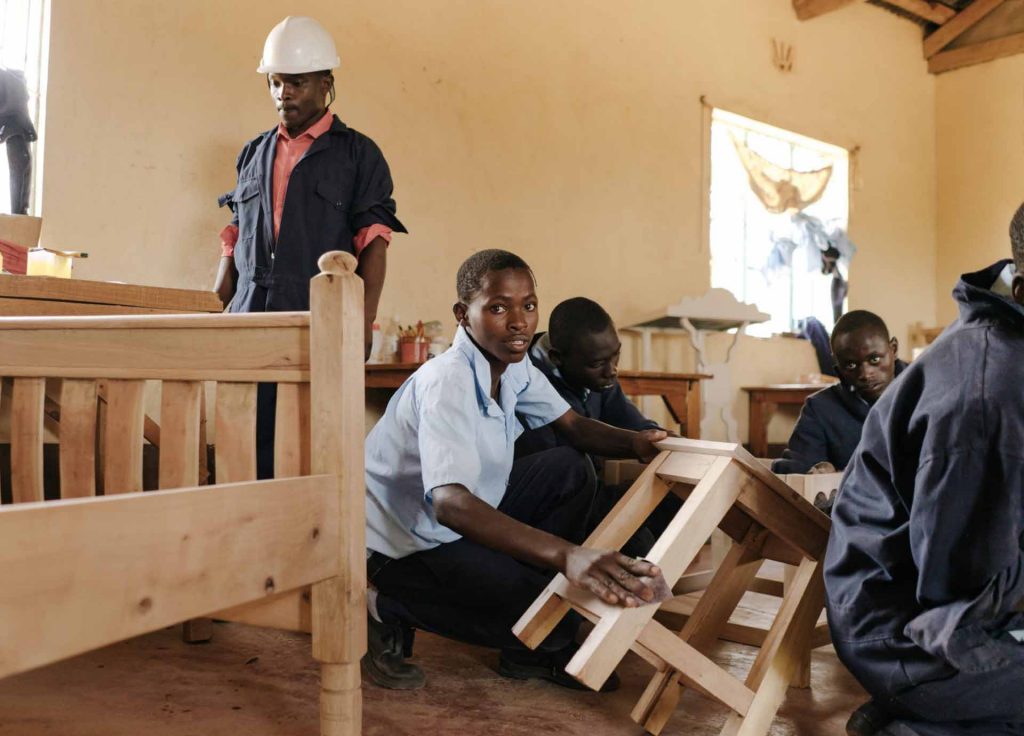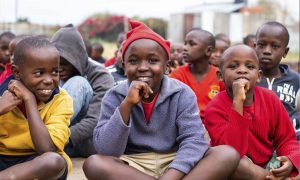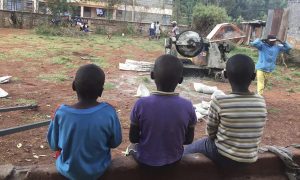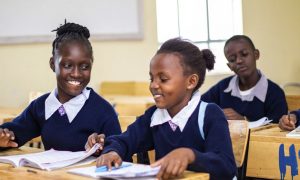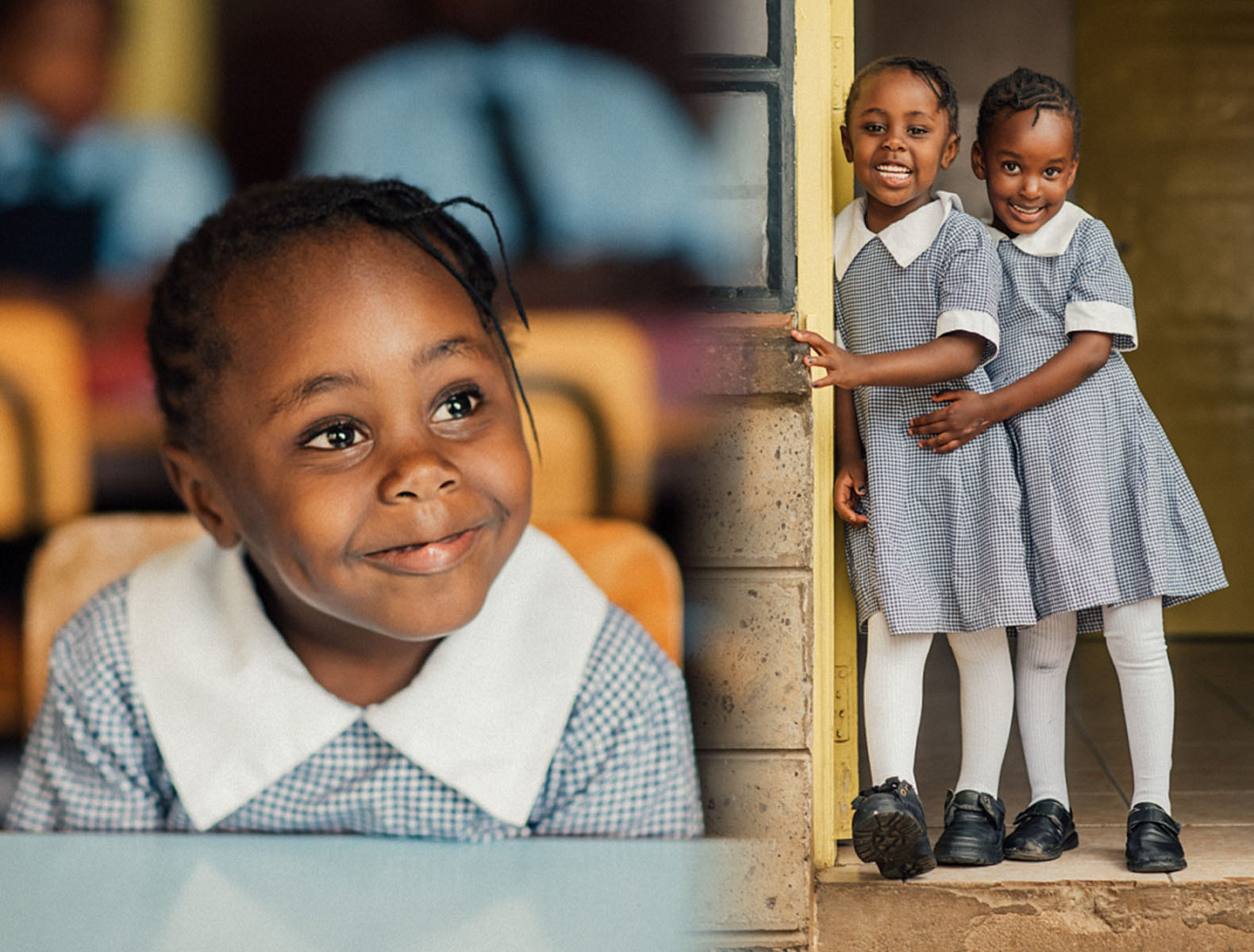Our Mission
Development Aid Africa works to improve the quality of life of the people in Africa.
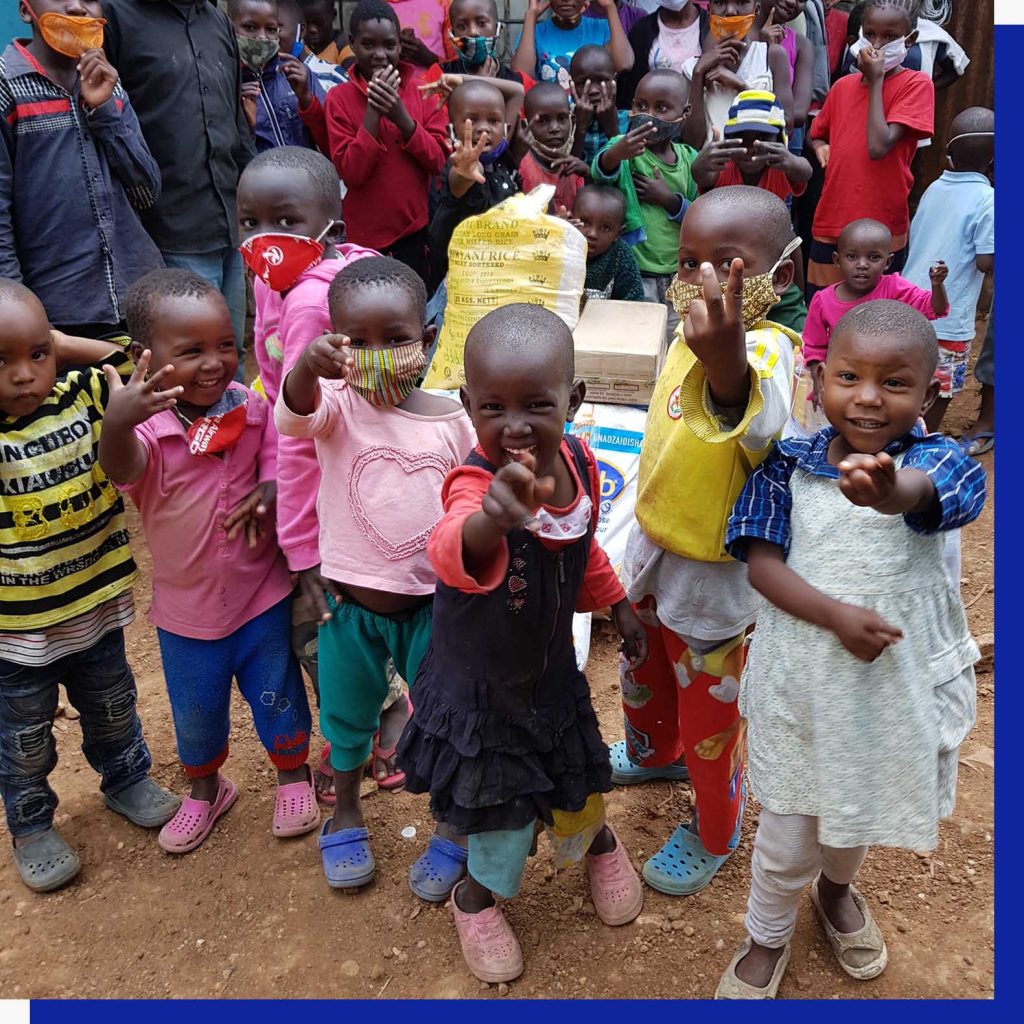
Development Aid Africa was born out of the vision that human resource development is the key to improving nation-building capacity in Africa. DAA is involved in a range of programs in Africa supporting education, job skills/leadership development training, etc.
The general history of Africa since achieving independence has been one of development failure. Development Aid Africa seeks to bridge the development deficit gap. Develop Africa’s strategic mandate is to raise a new generation of African leaders by focusing on the human capital aspect of development. We envision an African continent fully developed in terms of its human and resource capacity, free from poverty; ignorance, and civil conflict, and where the poorest and most vulnerable people become leaders and effectively manage their national resources.
Focusing on Africa’s Own Priorities.
Development Aid Africa works to improve the quality of life of the people in Africa.
We are a leading non-governmental organization (NGO) committed to addressing African development and humanitarian issues by working in partnership with African people to build sustainable, healthy and productive communities.
DAA has accrued vast expertise and capacity in supply chain, engineering and emergency telecommunications – often in the most challenging environments. This experience affords us the ability to extend our capacity to also support emergency preparedness and medium-long term development efforts, depending on the local context.
In the face of tight funding and high expectations of efficiency, the humanitarian community is increasingly required to act in sync, streamline processes and pool resources. Working closely with private sector partners, DAA is making assets and functionalities available to fellow humanitarian operators, allowing them to save more lives, faster, and at lower cost to donors and the environment.
Following a rise in inter-tribal clashes, DAA provides monthly food or cash assistance to families and communities at risk. DAA also provides refugees residing in the western region of Kenya with a monthly ration consisting of cereal, pulses and oil, and cash (about US$8 per person per month), depending on economic status. DAA provides monthly assistance for three months during the lean season (June-August), supporting those most in need.
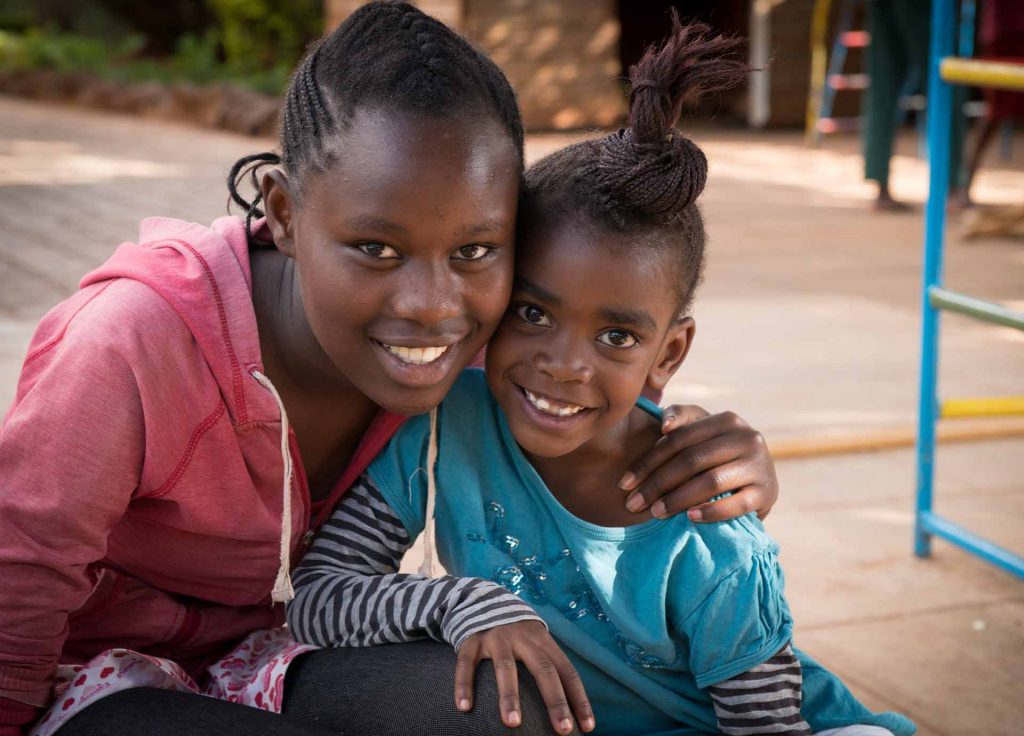
Since 2004, DAA has been supporting the Government by implementing a school feeding programme in the Sub-saharan region of kenya. Take-home rations are also a further incentive to attend school activities until they complete at least primary school. Since 2015, DAA has been supporting the development of the milk value chain in connection with schools, and developing pilot school gardens, nutrition education, the creation of nutrition clubs and support to communities in terms of food processing to prevent food waste.
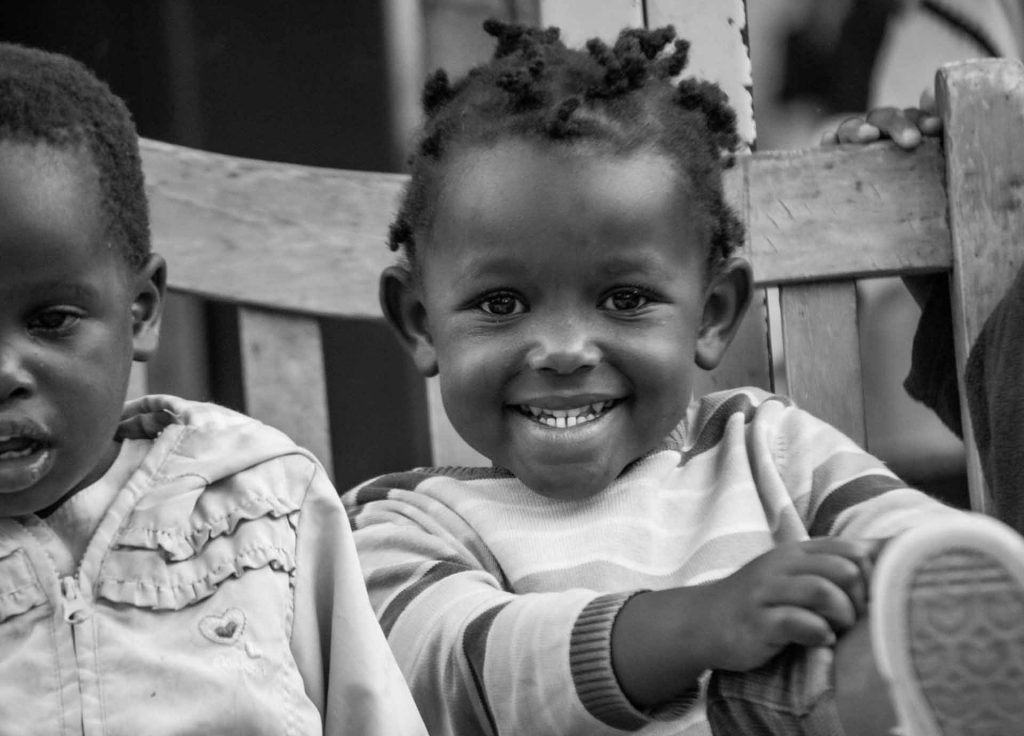
Despite the difficulties posed by growing insecurity, DAA is implementing activities to prevent and treat malnutrition in children under 5 as well as pregnant and breastfeeding women and girls. Activities include screening for acute malnutrition and referrals for treatment, campaigns on best infant and young child-feeding practices, the set-up of mothers’ support groups across the four priority regions, improvement of nutritional awareness, development of nutritious gardens (in schools and communities), and training in food processing to preserve the nutritional value of products and avoid food waste.
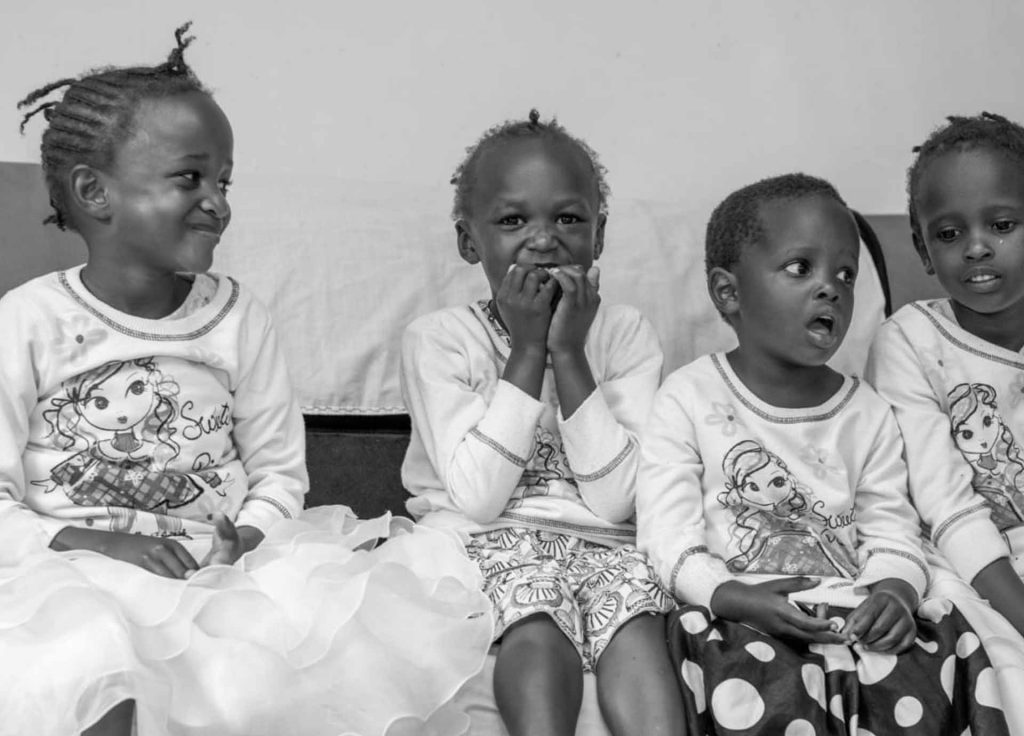
DAA-supported livelihood opportunities contribute to improving the resilience of individuals and communities to both socioeconomic shocks and the effects of climate change. Support includes the provision of storage technologies, and training on post-harvest losses reduction and food processing. In 2019, DAA introduced a weather index-based insurance in various villages likely to be affected by drought.
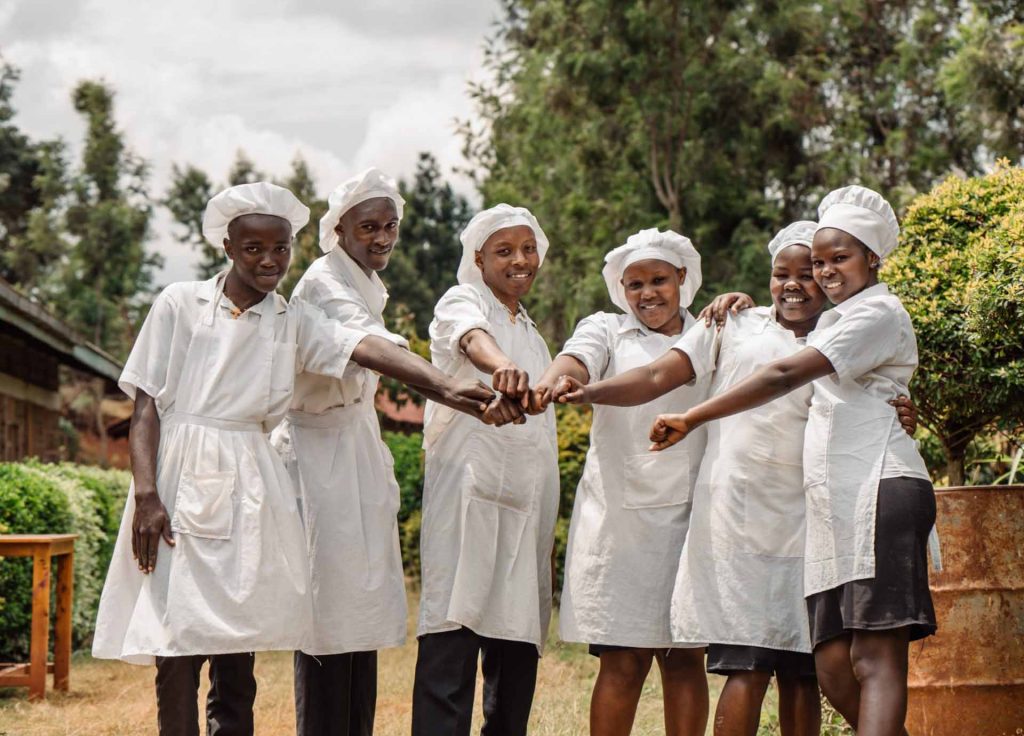
DAA is providing technical and logistical support to the Government and humanitarian community to ensure an efficient and effective response. Specific projects include the replenishment of national strategic food stocks, developed with the Government, and setting up a UN house in Bungoma to support the establishment and maintenance of an emergency telecommunications network. As of June 2020, the Development Aid Africa is supporting humanitarian response in the country.
